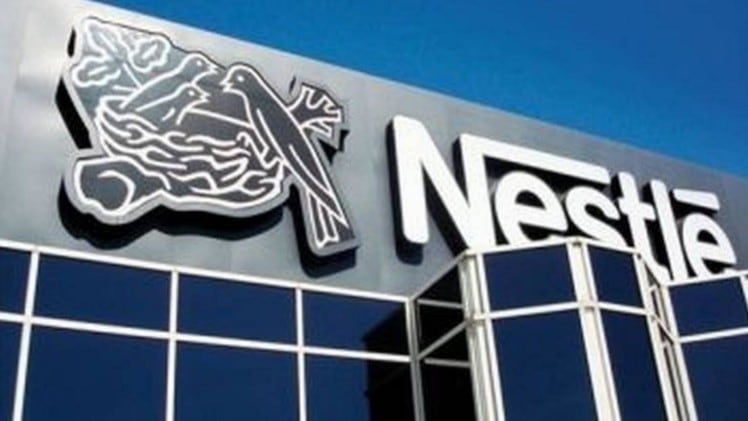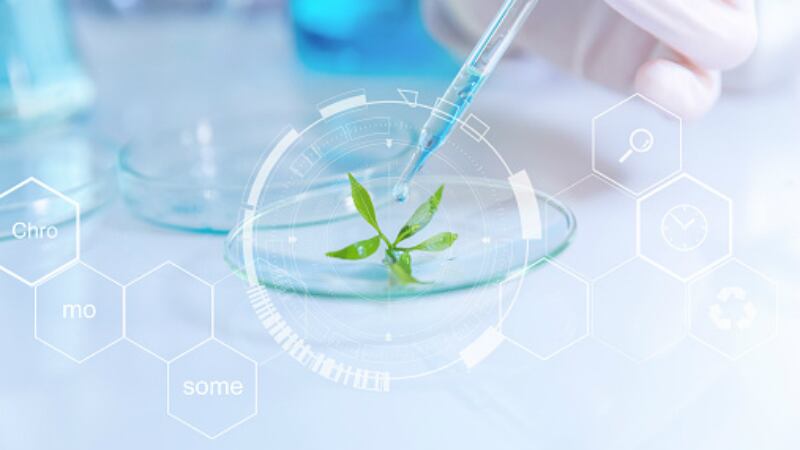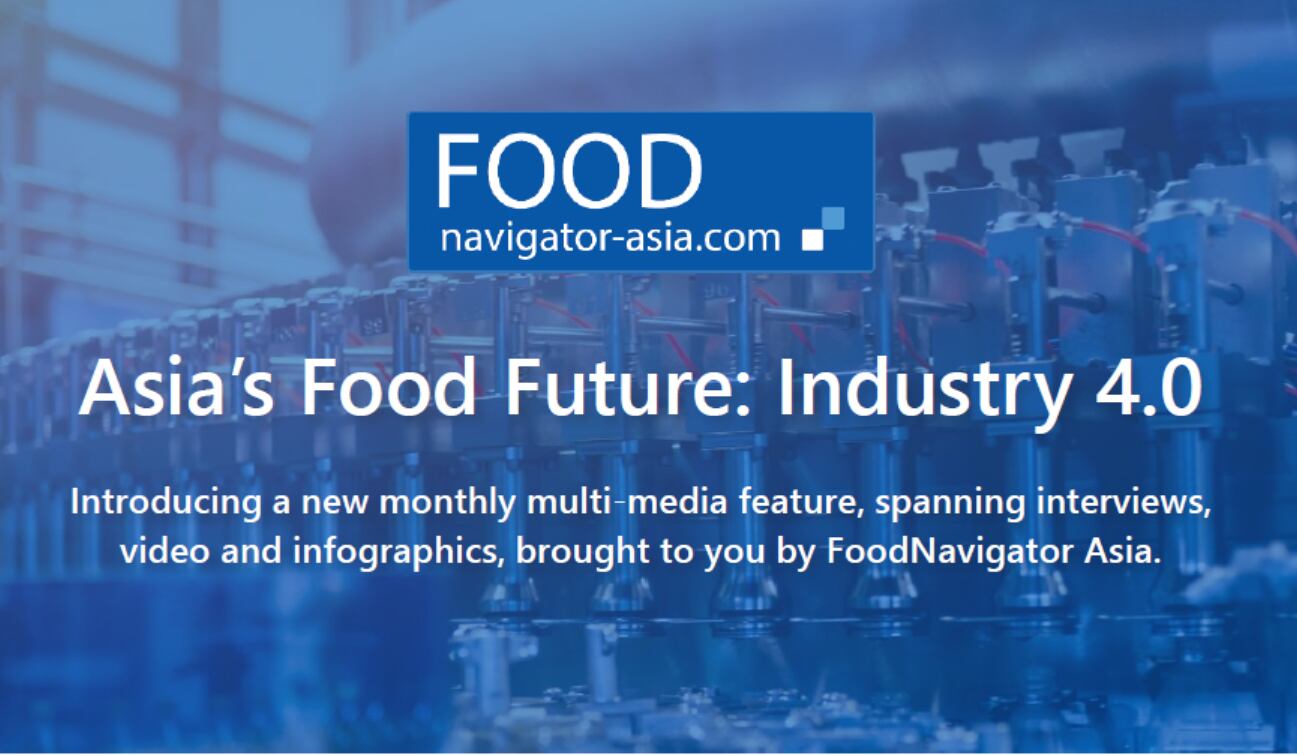Known for their range of conveyor belt vapour steam cleaning systems, Bio-Steam currently already boasts prominent F&B brands amongst their clientele, including Nestle, Mondelez, Arnott’s and TipTop Bakery.
“More and more food manufacturers are using the vapour steam cleaning system to clean not only their conveyor belt systems, but also their production equipment,” Bio-Steam Managing Director Neil Hodkinson told FoodNavigator-Asia.
“With food manufacturers, key priority are always to reduce the amount of water and chemicals used during cleaning, [and our vapour steam systems can do this].”
“Vapour steam is steam that is superheated up to 175°C, and doing this converts one litre of water into 1,500 litres of steam. This steam is extremely dry, [which] means that first it is extremely safe, safer than boiling a kettle [and also that] very small amounts of water are used to clean and sanitise equipment.”
Bio-Steam’s smaller single-phase vapour steam cleaning machines use no more than three litres of water per hour for cleaning, whereas larger-scale, more complicated machines use up to 30 litres per hour, much less as compared to regular cleaning methods.
Only heat/thermal energy is used to sanitise the equipment. Hodkinson added that this also prevents the development of bacterial or microbe resistance, as could be built up with the regular use of cleaning methods that employ chemicals.
“Superheating water above 170°C gives steam that is only 4% to 5% moisture, and this is hot for just a moment before cooling immediately. This gives us the ability to very rapidly heat and cool in the cleaning process, which ensures that no equipment is ever damaged in the process,” he explained.
At the moment of heating, the high temperature of the superheated vapour steam kills all mold and bacteria on the equipment surface that come into contact with it.
Consistency was named as another factor high on food manufacturers’ priority lists, which Hodkinson described as ‘very important’ especially with regard to food safety worldwide.
“Today in the age of global food production, any food recall is no longer a local recall, but could be a global issue, [and ensuring the quality of cleanliness is consistent is an important prevention measure.
APAC expansion
Bio-Steam recently announced plans to expand the export of its cleaning technology out of the country into Malaysia, Singapore and New Zealand.
“The main focus of our expansion into these countries is for food manufacturing equipment,” said Hodkinson.
The company has signed an agreement with local distribution firm UMS Corporation for its expansion into Malaysia and Singapore.
Hodkinson cited quality and convenience as the main reasons for Bio-Steam’s selection of these countries, particularly the ASEAN nations.
“Both Malaysia and Singapore are known as very high-quality manufacturers, known for their food exports throughout the whole of the Asia Pacific region. Plus, we also wanted to move into areas that was easy to work with and could communicate in good English, which is very important for me,” he said.
“The level of cleanliness in every food plant that I have been to in [these countries] has been extraordinary, and the level of detail has been very high.”
The free trade agreement between Malaysia and Australia was also mentioned as an important factor in their selection.
“Malaysia is a perfect hub for us to work from, and once we get operations in Malaysia and Singapore up and running, then we will certainly look at further expansion within Asia,” he added.





